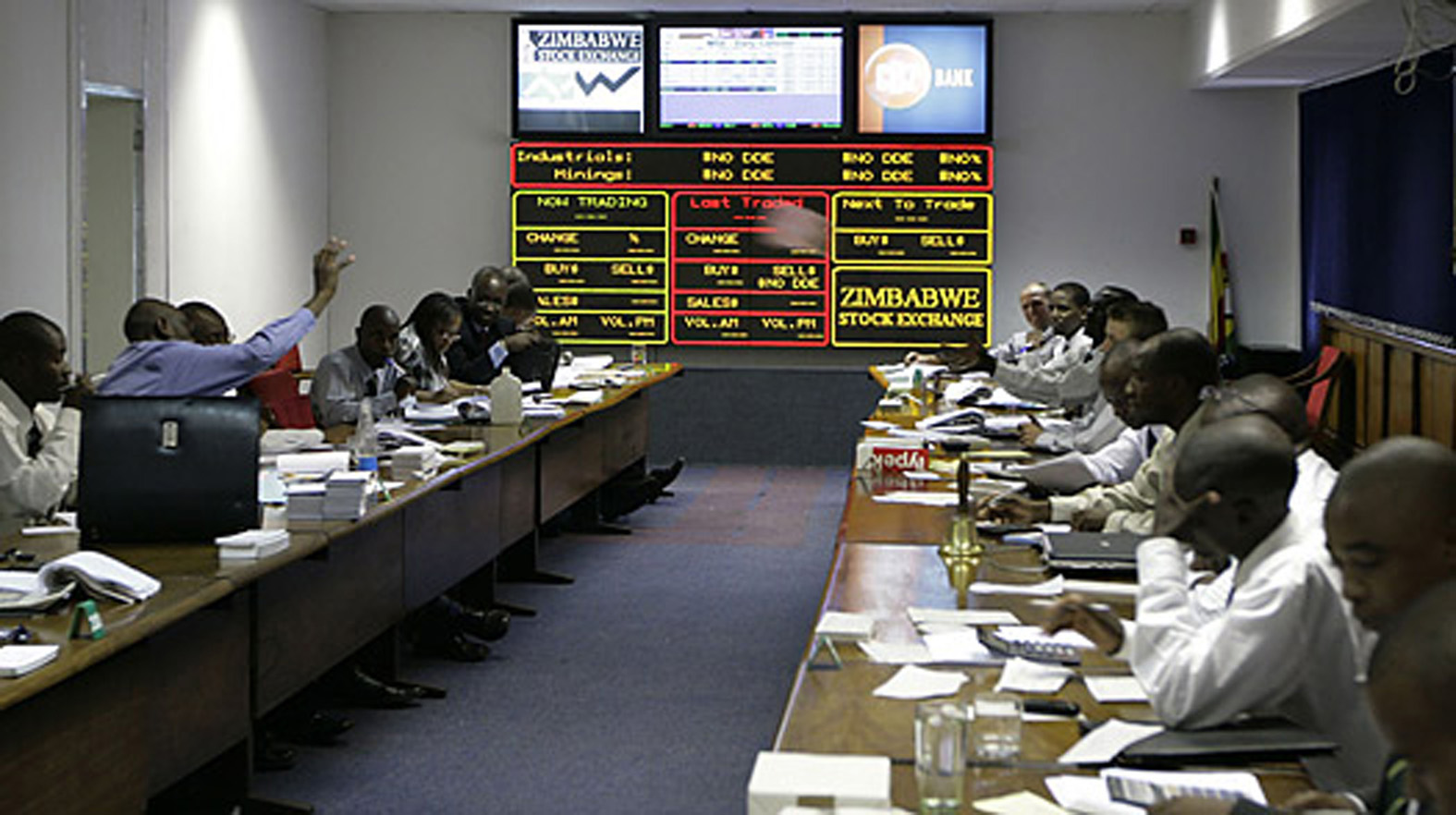INVESTMENT into Zimbabwe's equities is redundant until repatriation flows smoothly again because publicly-listed equities are enjoying a premium acting as substitute for scarce cash, a United Kingdom-based equities analysis group has said.
London-based Exotix Capital last week said investors remained in a catch-22 situation as local equities were too expensive for new money, while existing investors are unable to repatriate funds to their respective homes. "… The Old Mutual Implied Rate (OMIR) premium (the difference between the share price of the Harare listing of Old Mutual and the fully fungible London one) has increased to 106 percent (compared with 474 percent immediately before Mugabe's fall in November 2017.
Repatriation requires a rebuilding of US$ reserves and liquidity, which, in turn, requires re-engagement with international finance," Exotix Capital analyst, Christopher Dielmann, said in a note on the country. The bourse has been on a recovery path, following a self-correction phase that followed massive bulls recorded last year as institutional investors sought the security of stocks in an uncertain political climate.
After breaching a $10 billion capitalisation mark last month, the bourse closed last week with an $11,4 billion capitalisation ZSE-listed counters have been turning to alternative markets in a bid to raise capital, as companies increasingly fail to access money in local bank accounts for international obligations. Following announcements by some key counters stating intention to list on markets outside the country in a bid to raise capital, local analysts have said that Zimbabwe's cash and foreign exchange problems - which have left companies stuck with money they cannot take out of local banks - are going to drive more companies into alternative listings.
According to Dielmann, if the prospect of fresh capital injection at the macroeconomic level improved, the "cash substitute" premium in equities was likely to fall and see reasonable prices for the counters. "But the underlying value of listed assets likely increases at the same time (companies' cash flow prospects improve if the broader economy is resuscitated).
"In other words, a judgement on whether current valuation multiples are attractive requires disaggregating the "cash substitute" premium (and one's view of whether that increases or reduces over time) and the valuation of the underlying business (and one's view of whether that is fair or not)," the analyst said.
Listed beverage manufacturer, Delta Corporation's Price to Earnings on Bloomberg is estimated at 30x. However, stripping out the OMIR "cash substitute" premium - dividing by 2,06 - reduces this to 15x. The equivalent figures for telecom operator, Econet, are 17x at face value and 8,3x on an underlying basis.
"In practice, for those investors who are trapped in Zimbabwe equities, there is likely little option but to reinvest dividends or rotate within local equities.
"For those considering new investments, these face-value multiples are likely still too high, regardless of whether the prospects for recapitalisation of the economy are likely to improve.
"An alternative might be Australian-listed miner Zimplats, although it is very illiquid (US$20 000 per day) but there is no Bloomberg consensus," Dielmann said.
- fingaz
 OK Zimbabwe posts US$17,8 million loss
OK Zimbabwe posts US$17,8 million loss  Hichilema meets Chivayo
Hichilema meets Chivayo  Millions celebrate Diwali festival in India
Millions celebrate Diwali festival in India  Econet Zimbabwe to delist from ZSE
Econet Zimbabwe to delist from ZSE  Gold edges up as traders await guidance
Gold edges up as traders await guidance  Mnangagwa fires Chitando, appoints Polite Kambamura
Mnangagwa fires Chitando, appoints Polite Kambamura  Young Investment Professional (YIP) Graduate Programme 2019
Young Investment Professional (YIP) Graduate Programme 2019 











 Young Investment Professional (YIP) Graduate Programme 2019
Young Investment Professional (YIP) Graduate Programme 2019
Editor's Pick